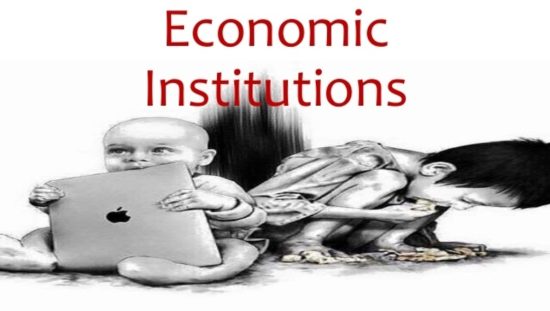The way an individual addresses a situation single-handedly or say in a group is influenced by many factors. The key factors influencing an individual behavior in personal as well as social life are −
- Abilities
- Race and culture
- Gender
- Attribution
- Perception
- Attitude
1. Abilities
Abilities of an individual are the main factor responsible for the way one behaves. They are responsible for the way one walks, talks, eats, socializes, etc.
Abilities are the traits a person learns from the environment around as well as the traits a person is gifted with by birth. These traits are broadly classified as −
- Intellectual abilities − It personifies a person’s intelligence, verbal and analytical reasoning abilities, memory as well as verbal comprehension.
- Physical abilities − It personifies a person’s physical strength, stamina, body coordination as well as motor skills.
- Self-awareness abilities − It symbolizes how a person feels about the task, while a manager’s perception of his abilities decides the kind of work that needs to be allotted to an individual.
2. Race & Culture
Race is a group of people sharing similar physical features. It is used to define types of persons according to perceived traits. For example − Indian, African. On the other hand, culture can be defined as the traits, ideas, customs and traditions one follows either as a person or in a group. For example − Celebrating a festival.
Race & culture have always exerted an important influence both at the workplace as well as in the society. In today’s diverse work culture, the management as well as staff should learn and accept different cultures, values, and common protocols to create more comfortable corporate culture.
3. Gender and individual behavior
Gender is also an important factor that influences the individual behavior. Though, some researches have proven that men and women both stand equal in terms of job performance and mental abilities; however, society still emphasizes differences between the two genders.
For example – Absenteeism is one area in an organization where differences are obvious as women are considered to be the primary caregiver for children.
4. Perception
Perception is an intellectual process of transforming sensory stimuli into meaningful information. It is the process of interpreting something that we see or hear in our mind and use it later to judge and give a verdict on a situation, person, group, etc.
For example − Barniya goes to a restaurant and likes their customer service, so she will perceive that it is a good place to hang out and will recommend it to her friends, who may or may not like it. However, Barniya’s perception about the restaurant remains good.
5. Attribution
Attribution is the course of observing individual behavior followed by determining its cause based on individual’s personality or situation. Attribution framework is all about how an individual behaves in different situations. It may be in three ways i.e. Consensus, Distinctiveness and Consistency.
For example − Rashid invites Anees and two more friends for a movie and they agree to bunk and watch the movie, this is consensus. Bunking of class says that they are not interested in their lectures, this is distinctiveness. Suppose a little change in the situation, like if Rashid frequently starts bunking the class then his friends may or may not support him. The frequency of their support and their rejection decides consistency.
6. Attitude and individual behavior
Attitude is the abstract learnt reaction or say response of a person’s entire cognitive process over a time span.
For example − A person who has worked with different companies might develop an attitude of indifference towards organizational citizenship.
OTHER RELATED POSTS



